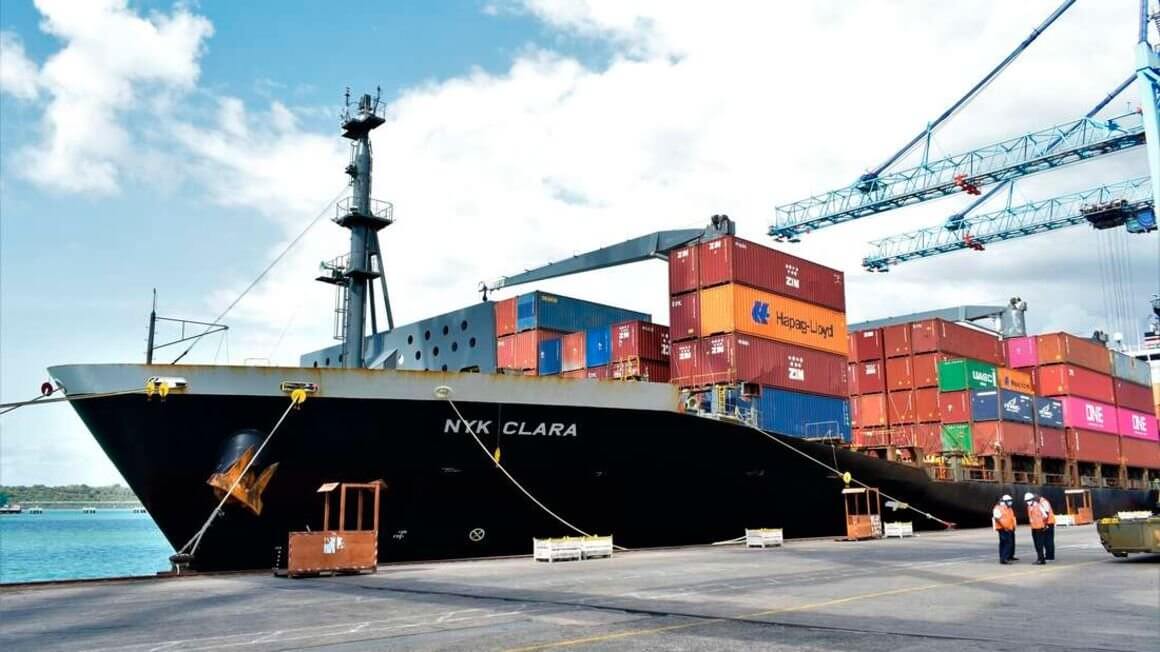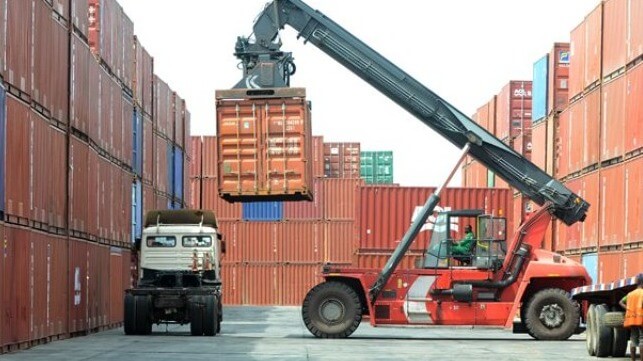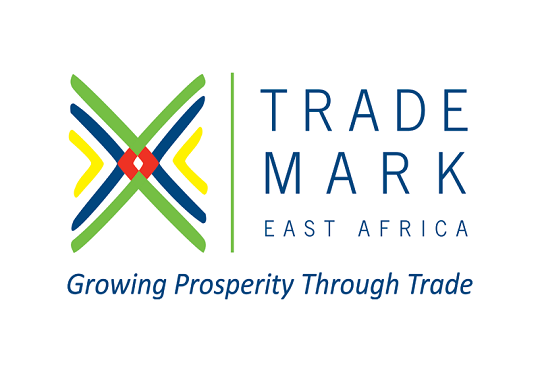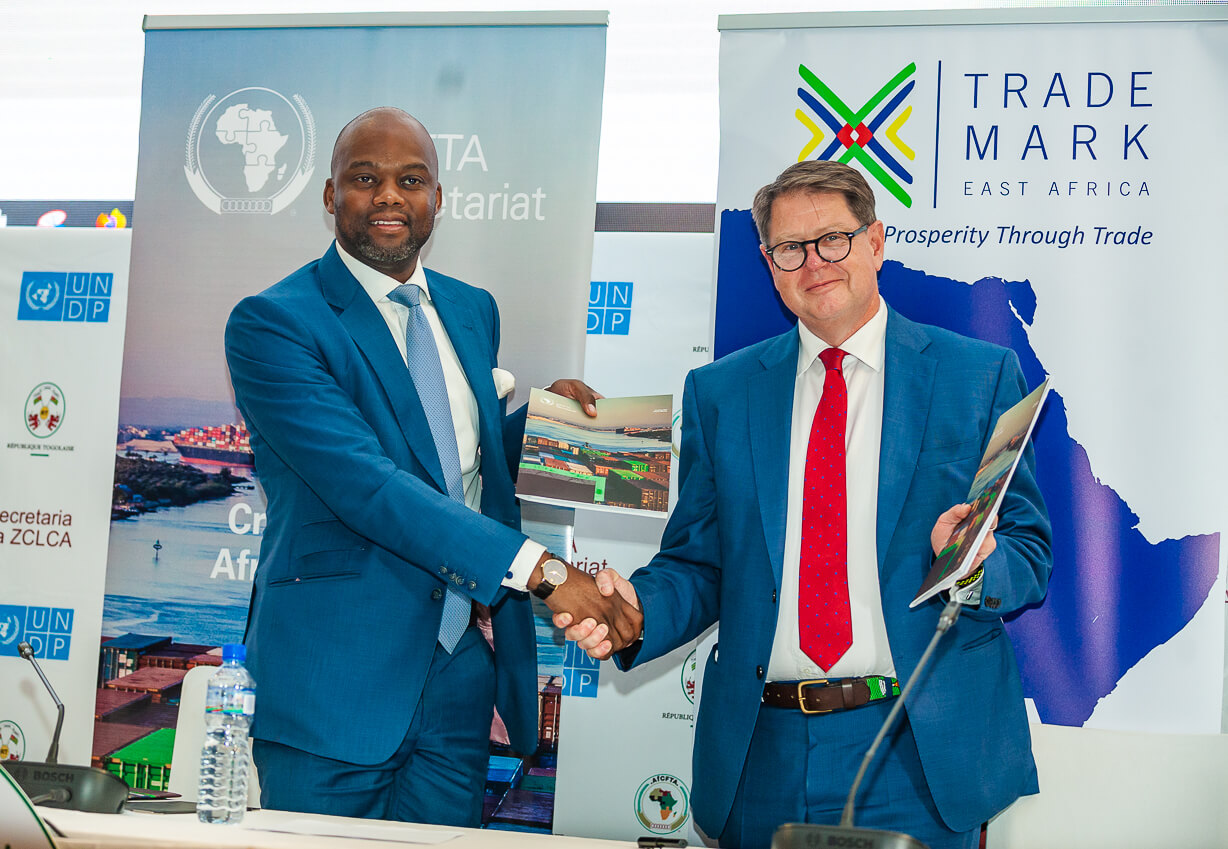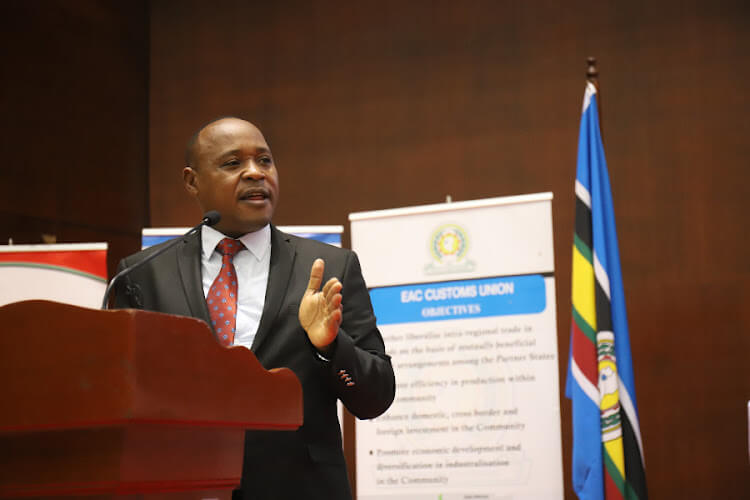SUMMARY The platform will enable traders to conduct cross-border trade using information technology to minimise physical barriers. Sokokuu is Swahili for big market. The platform enables manufacturers and suppliers in different member states to share information on their potential to produce and supply products. The Comesa Federation of Women in Business and the African e-Trade Group (Ae-Trade) have launched an online platform Sokokuu for traders in the regional bloc. The platform will enable traders to conduct cross-border trade using information technology to minimise physical barriers. Sokokuu is Swahili for big market. The platform enables manufacturers and suppliers in different member states to share information on their potential to produce and supply products. Sokokuu will complement existing platforms such as the womenconnect, which is used by women entrepreneurs in regional states to exchange information on the availability of essential products within the region. Two other Common Market for Eastern and Southern Africa (Comesa) institutions, such as the Comesa Business Council and the African Leather and Leather products) have already signed memoranda of understanding with Ae-Trade to implement the Sokokuu platform. The AeTrade is a multi-stakeholder group of African professionals and business owners with a vision to develop and implement an e-empowerment programme, which will enhance intra-and inter-African trade. The group brings together public and private sector partners to develop projects that leverage the power of information and communication technologies (ICTs) for the benefit of entrepreneurs in Africa. Speaking at the launch, during the Second Comesa Federation of Women in Business Annual...
Comesa e-commerce platform to ease regional trade barriers
Posted on: October 4, 2021
Posted on: October 4, 2021

